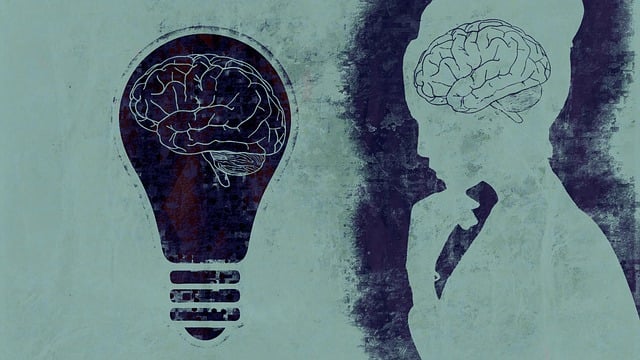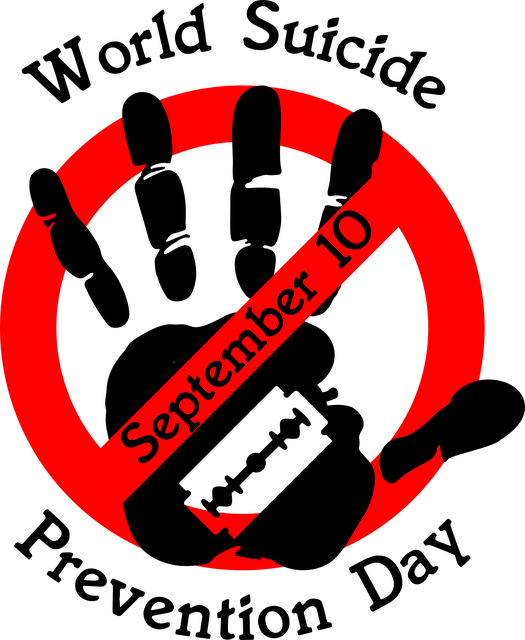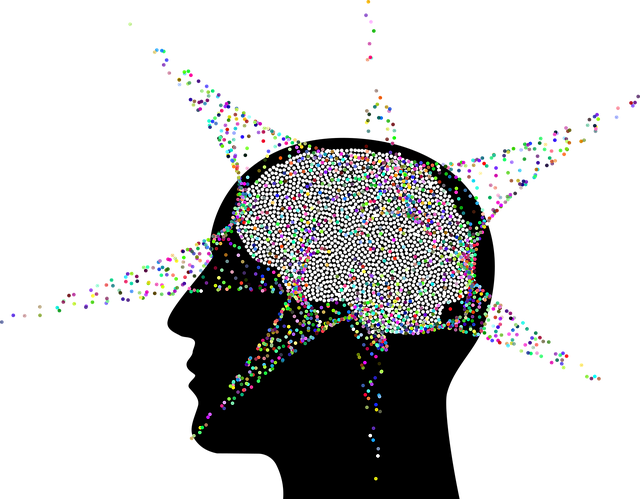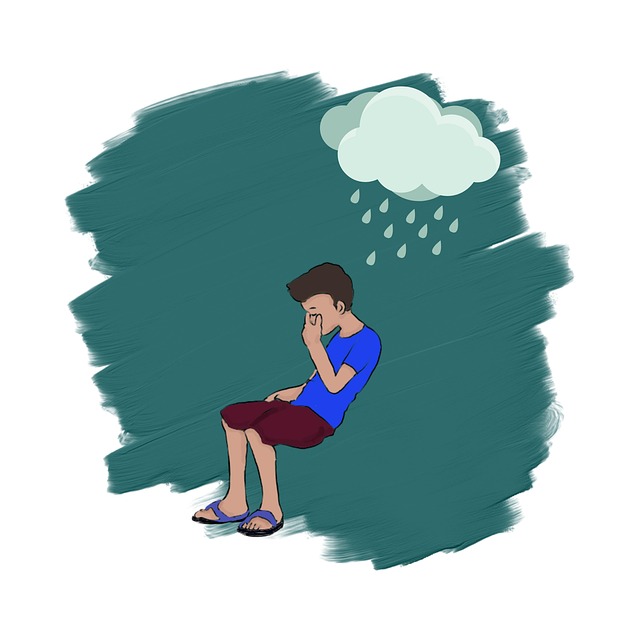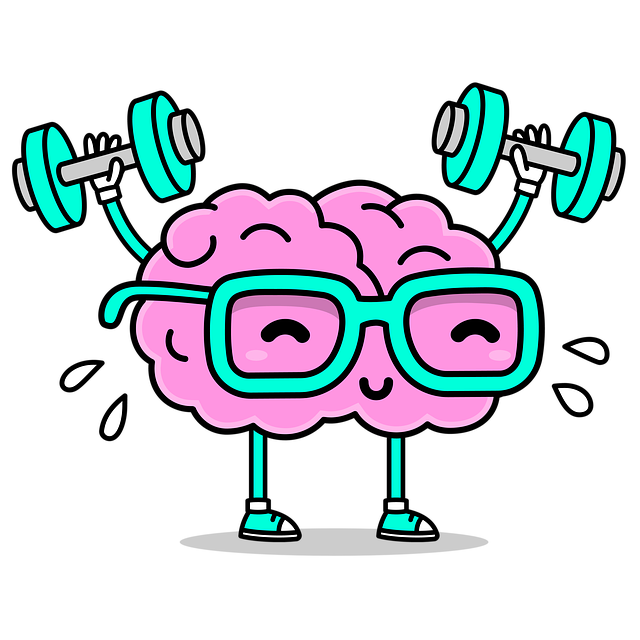Englewood Geriatrics Therapy offers holistic mental wellness programs for older adults, focusing on conflict resolution, stress management, and self-expression through art, music, and movement. Their evaluation approach combines quantitative (surveys) and qualitative (interviews, focus groups) methods to measure program success and refine offerings like Mental Wellness Coaching and Public Awareness Campaigns. Direct assessment techniques, observational analysis, and structural analysis ensure tailored interventions addressing individual geriatric mental health needs. Participant feedback is integrated with quality assurance practices to continuously improve services, fostering resilience and preventing anxiety and depression.
Engwood Geriatrics Therapy, a pioneering institution in geriatric mental health, offers valuable insights into effective program evaluation. This article explores key methods used to assess the success of their wellness initiatives. From direct assessment techniques to observational analysis and participant feedback, we delve into strategies that ensure quality care. By examining these practices, mental health professionals can optimize programs, fostering better outcomes for elderly individuals. Discover how Englewood’s approach can revolutionize geriatric therapy through rigorous evaluation.
- Understanding Mental Wellness Programs at Englewood Geriatrics Therapy
- Key Evaluation Methods for Measuring Program Effectiveness
- Direct Assessment Techniques Used in geriatric mental health care
- Observational and Structural Analysis of Therapy Sessions
- Participant Feedback and Quality Assurance in Mental Wellness Programs
Understanding Mental Wellness Programs at Englewood Geriatrics Therapy

At Englewood Geriatrics Therapy, mental wellness programs are meticulously designed to cater to the unique needs of older adults, recognizing that promoting mental health is an integral part of overall well-being. These programs offer a holistic approach, addressing various aspects such as cognitive function, emotional resilience, and social engagement. One notable initiative is their focus on Conflict Resolution Techniques, which help residents navigate interpersonal challenges with grace and dignity. Through group discussions and role-playing scenarios, individuals learn effective communication strategies to manage disputes and strengthen relationships.
Additionally, Englewood Geriatrics Therapy organizes Stress Management Workshops that empower residents with practical tools for coping with daily stressors. These workshops often incorporate mindfulness practices, relaxation techniques, and stress reduction strategies tailored to the geriatric population. Furthermore, the organization emphasizes Inner Strength Development by encouraging participation in therapeutic activities like art therapy, music, and movement classes, which foster self-expression, emotional release, and a deeper sense of connection with one’s inner being.
Key Evaluation Methods for Measuring Program Effectiveness

When evaluating the effectiveness of mental wellness programs like those offered at Englewood Geriatrics Therapy, several key methods stand out. Quantitative assessments play a crucial role in understanding program impact. Surveys and questionnaires distributed to participants can gauge improvements in symptoms, life satisfaction, and overall mental health. These data provide tangible evidence of program success, identifying areas that excel and aspects requiring adjustments.
Qualitative research methods complement quantitative findings by offering deeper insights. Interviews and focus groups allow individuals to share their personal experiences, highlighting specific features that resonated or needed improvement. This feedback is invaluable for refining programs, ensuring they remain relevant and responsive to the evolving needs of participants, as seen in the development of both Mental Wellness Coaching Programs and Public Awareness Campaigns. Crisis Intervention Guidance also benefits from these evaluations, enabling professionals to tailor strategies based on real-world outcomes.
Direct Assessment Techniques Used in geriatric mental health care

Direct assessment techniques play a crucial role in geriatric mental health care at Englewood Geriatrics Therapy. These methods involve direct observation and interaction with clients to gather information about their psychological state, cognitive abilities, and overall well-being. For instance, clinical interviews allow therapists to assess symptoms of depression, anxiety, or cognitive impairments by engaging seniors in open conversations about their thoughts, feelings, and experiences. This approach is particularly valuable for older adults who may struggle to articulate their mental health concerns through traditional means.
Englewood Geriatrics Therapy employs these direct assessment techniques to tailor interventions that foster positive thinking and inner strength development, addressing the unique needs of each geriatric client. By identifying specific areas of distress or impairment, therapists can design targeted strategies aimed at alleviating anxiety relief and enhancing overall mental wellness. This personalized approach ensures that care is not only effective but also respectful of the individual’s experience and perspective, contributing to improved outcomes in geriatric mental health treatment.
Observational and Structural Analysis of Therapy Sessions

Evaluating mental wellness programs, such as those offered at Englewood Geriatrics Therapy, involves a comprehensive approach that includes observational and structural analysis of therapy sessions. Through careful observation, therapists can gain valuable insights into the dynamics of each session, noting participant engagement, interaction patterns, and emotional responses. This qualitative data offers a nuanced understanding of the program’s impact on individuals’ mental health.
Structural analysis complements observational methods by examining the design of the therapy sessions themselves. Programs like Mental Health Education Programs Design focus on creating structured environments that encourage Self-Awareness Exercises and foster Inner Strength Development. By analyzing factors such as session duration, activity types, and facilitators’ techniques, evaluators can assess the program’s adherence to evidence-based practices and its overall effectiveness in promoting mental wellness among participants.
Participant Feedback and Quality Assurance in Mental Wellness Programs

Englewood Geriatrics Therapy understands the significance of participant feedback as a powerful tool for evaluating mental wellness programs. Gathering insights from individuals who directly benefit from these initiatives offers valuable information about program effectiveness and identifies areas for improvement. By actively seeking feedback, the therapy center aims to ensure that services are tailored to meet the unique needs of each client, fostering a sense of ownership and engagement in their mental health journey.
Quality assurance is another critical aspect of program evaluation, and Englewood Geriatrics Therapy employs various methods to maintain high standards. This includes regular reviews by expert professionals, peer assessment, and adherence to ethical guidelines. By integrating participant feedback and quality assurance practices, the center strives to enhance the overall wellness experience, promoting resilience building, anxiety relief, and depression prevention in a supportive environment.
The evaluation of mental wellness programs, such as those offered by Englewood Geriatrics Therapy, is a multifaceted process. By combining direct assessment techniques, observational analysis, and participant feedback, professionals can gain a holistic understanding of program effectiveness. These methods allow for the identification of successful interventions and areas for improvement, ensuring that geriatric mental health care remains tailored to the unique needs of each individual. Through continuous evaluation, Englewood Geriatrics Therapy can continue to revolutionize its approach, fostering optimal mental wellness outcomes for its clients.

